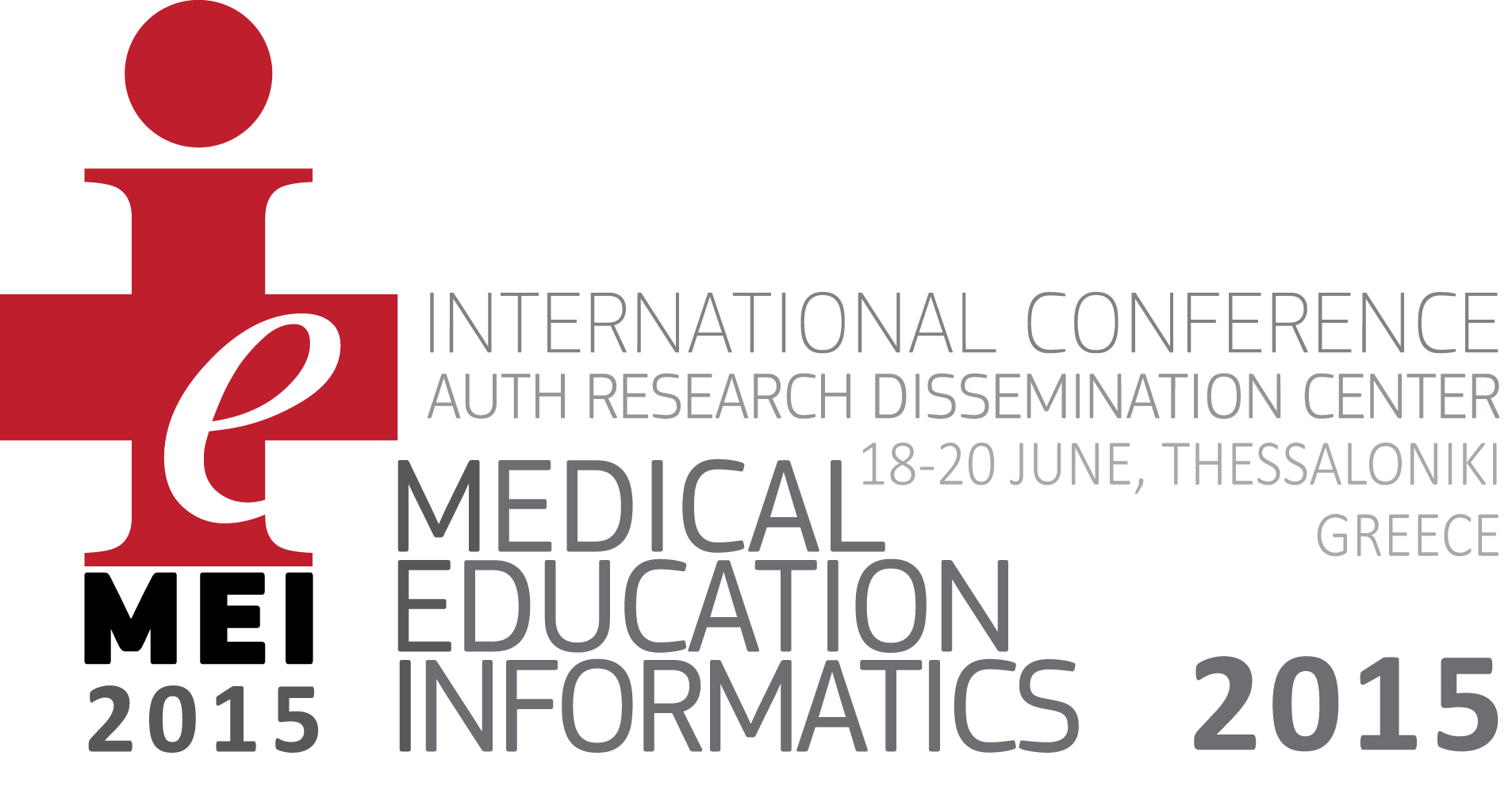Travel Information
THE CITY OF THESSALONIKI AND NEARBY TOURIST DESTINATIONS
Thessaloniki, the venue city, is the second largest city and port in Greece. It also used to be the second most important city of the Byzantine era. Thessaloniki has a great number of monuments of the Byzantine period and many museums and other worth seeing sights. Today, Thessaloniki is famous for its seafront featuring the White Tower, its Byzantine castles, its citadel, its excellent downtown shops with their inviting bargains, its romantic and amorous atmosphere and finally, its vibrant nightlife. The city is also known for its traditional Greek dishes with their unique flavors.
Thessaloniki is also close by to great tourist destinations such as Chalkidiki, known worldwide for its aquamarine colored beaches, Mount Athos with the great monasteries, Meteora, known for its unique physical environment and the religious tourism, Vergina, the capital city of ancient Macedonia, Mount Olympus, home to Ancient Greek Gods of Mythology and to several others.
TRAVEL TO THESSALONIKI
Thessaloniki is located in Northern Greece, 504 km north of Athens. You can reach Thessaloniki by Air, Train, Bus or Car (E90 National Road).
By Air
Thessaloniki's International Airport “Macedonia” (SKG) is located 16 km away from the city center. It is connected with many European Cities. There is a bus line (No. 78) starting/ending at the airport, going through the city center. You need a single ticket of 80/90 cents, to be bought on the bus. For taxis, the fare is around 20€. Visit the Macedonia International Airport Website
By Train
Thessaloniki is connected by train to Athens and other neighboring countries. There is a regular rail connection to Athens several times a day. The journey is approximately 4h and 15 min to 5h and 45 min. For ticket information and destinations please visit the train’s website
By Bus
Bus service in Thessaloniki is well organized in order to cover many destinations. Buses link Thessaloniki to Athens and other cities or destinations in Greece (Chalkidiki, Mount Olympus, Meteora etc.). For more information visit the ktel website
GETTING AROUND THESSALONIKI
Thessaloniki has a good public transportation system. Getting around is feasible by bus and taxis as both are easily available at low cost. Thessaloniki is not a huge city (population around 1,000,000 people). Hence, most famous attractions can be easily explored on foot. All major car rental companies have branches at Macedonia Airport.
GENERAL INFORMATION
Languages
Most Greeks speak English.
Passport / VISA
Passport and visa requirements vary from country to country. Delegates requiring a letter of invitation in order to attend the Conference may address themselves to the Scientific Secretariat. Please note that this procedure aims to assist delegates who need to obtain a visa or permission to attend the Conference. The invitation is strictly limited to visa issues and there is no connection, whatsoever, to financial support etc.
For more details please visit the site:
http://www1.mfa.gr/en/visas/
or the site
http://www1.mfa.gr/en/visas/visas-for-foreigners-traveling-to-greece/greek-missions-issuing-visas-on-third-countries.html
Currency
Euro (EUR) is the currency of Greece
Electrical Appliances
Electricity supply in Greece is 220-230 volts, 50 Hz.
Time Zone
Greece is in the Eastern European Time Zone (GMT+2). Like most countries in Europe, the summer (Daylight-Saving) Time is (GMT+3).
Greece's Country Code
Greece’s Country Code is: +30 + phone number.
Shopping
Greece is the ideal place to shop a wide variety of products. Prices are reasonable and there are goods for all budgets. Shops are open (during summer period) Monday through Friday from 09.00 till 21.00. On Saturdays shops stay open from 09.00 till 15.00, while they are closed on Sundays.
Traveling formalities
• E.U. Citizens
A passport is not a compulsory requirement for European Union citizens traveling from or to Schengen countries (Austria, Belgium, France, Germany, Greece, Italy, Luxemburg, Netherlands, Portugal and Spain). There are no custom formalities.
• Non E.U. Citizens
A valid passport is normally required for all non E.U. citizens traveling to Greece. Visa formalities may be required for visitors from certain countries.
•Health Care and Safety
You should feel perfectly safe to eat and drink everything and the tab water all over Greece is absolutely safe. Residents of E.U. countries are eligible for receiving free emergency medical care.
Emergency calls
Emergency ambulance service: 166
On-duty hospitals, clinics, doctors & pharmacies: 1434
Police (emergency number): 100






